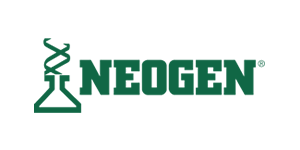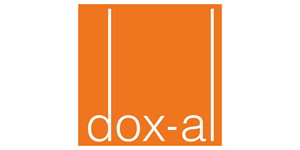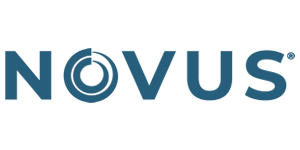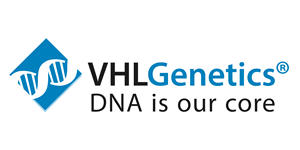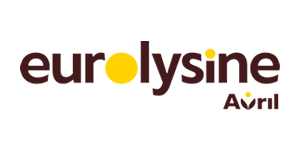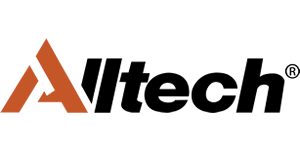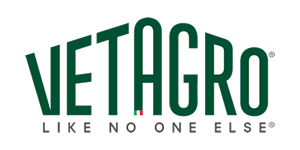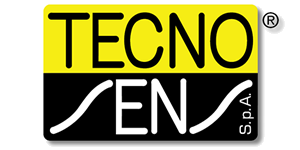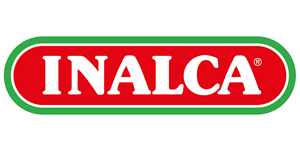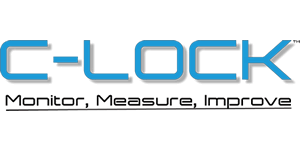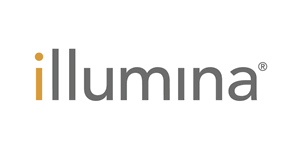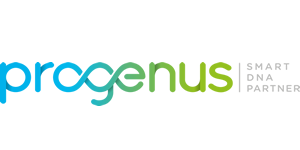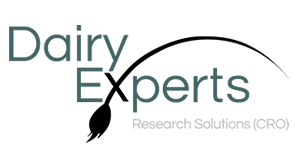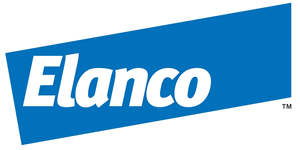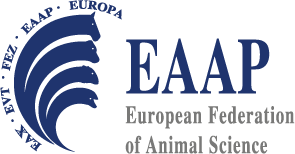2020 Virtual Meeting
Book of Abstract: BOA 2020 Virtual Meeting
Recorded video presentations are available in the EAAP Members Area.
Sessions
- Session 01: Plenary session – responsibility of animal productionon climate change
- Session 02: Joint EAAP/ADSA/Interbull session: Breeding and genetics – ten years of genomic selection
- Session 03: Genetic diversity
- Session 04: PLF for saving feed
- Session 05: Climate change impact on livestock health and welfare
- Session 06: Energy and protein efficiency in pigs, from conception to slaughter
- Session 07: Responsiveness of the dairy cattle industry to social needs
- Session 08: Physiological basis of PLF technologies to infer on animal health, welfare and production efficiency in cattle
- Session 09: Insects as feed and health effects for livestock
- Session 10: Sustainable land use for healthy humans and a healthy planet
- Session 11: Dairy sheep and goat systems: new research in genes, nutrition and management
- Session 12: What livestock has to offer to biodiversity & healthy soils (ATF)
- Session 13: Governance of the genetic resources
- Session 14: Genetics free communications
- Session 15: Fitting PLF to species and animal size, possibilities for sheep, goats, poultry, horses, pigs and ‘exotic’ animals
- Session 16: ‘Net zero-carbon’ – how is it possible in livestock farming systems?
- Session 17: Early career competition: stressing innovation in pig production
- Session 18: Young Train: Innovative research and extension in cattle
- Session 19: SMART NUTRITION – the role of nutrition in the circular economy: improving the use of feed not competitive with human nutrition
- Session 20: Insect production: techniques, substrates and health issues
- Session 21: Omics in animal nutrition and physiology (The European Joint Doctorate Program Molecular Animal Nutrition “MANNA”)
- Session 22: Can you have your cake and eat it too – tools to get the most out of animal resilience and efficiency
- Session 23: Breeding for improved animal health and welfare
- Session 24: Data-based PLF solutions for the cattle sector: opportunities, challenges and pitfalls
- Session 25: Feed production facing climate change (new feeds, alternative fibre sources)
- Session 26: Early career competition: stressing innovation in pig production
- Session 27: Integration of beef and dairy production
- Session 28: Aquaculture Working Group
- Session 29: Understanding and combatting antimicrobials and anthelmintics resistance
- Session 30: Genetic evaluations and breeding programs in horses and their development
- Session 31: Recent advances in livestock physiology: cellular, organoid and whole-organism studies
- Session 32: Breeding for improved animal health and welfare
- Session 33: Opportunities and risks in animal management applying AI, big data, data science tools, API economy and digital agriculture
- Session 35: Modulating gut function and microbiome for resilient livestock production
- Session 36: Housing of cattle
- Session 37: Combining the diversity of resources and farming practices to ensure resilience at different scales
- Session 38: Standardization of methods, parameters and terminology in insect research and socio-economic impact
- Session 39: New perspectives and approaches in equidae production
- Session 40: Dairy sheep and goat systems: new research in genes, nutrition and management
- Session 41: Breeding programmes
- Session 42: New technological challenges (including nanotechnology) facing future feeding industry – how to value?
- Session 43: Impact of PLF and sensors on phenotyping, animal breeding, animal selection and animal genetics
- Session 44: Dairy4Future project
- Session 45: Modulating gut function and microbiome for resilient livestock production
- Session 47: Combining the diversity of resources and farming practices to ensure resilience at different scales
- Session 48: Insect genetics: opportunities and challenges
- Session 49: New perspectives and approaches in equidae production
- Session 50: Sheep and goat free communications
- Session 51: Young Scientist session: jobs of the future
- Session 52: Long-term selection and limits
- Session 53: Free communications – cattle
- Session 54: PLF as a tailor-made way to care for individuals within groups
- Session 55: PLF and sensing animal health, welfare, physiological measures and behaviour of animals
- Session 56: Pig, poultry and rabbit husbandry for improved product quality
- Session 57: Lameness and metabolic aspects in cattle
- Session 58: Neonatal nutrition/ early life programming
- Session 59: Impact of different farming practices on animal health and welfare
- Session 60: Horse registration, legal status of horses and its consequences
- Session 61: SMARTER: small ruminants breeding for efficiency and resilience
- Session 62: Livestock farming systems free communications
- Session 63: Breeding, climate and sustainability
- Session 64: Genomic evaluation
- Session 65: PLF and sensing animal health, welfare, physiological measures and behaviour of animals
- Session 67: Mineral and vitamin nutrition in pigs and poultry
- Session 68: Collaborative international research related to beef quality
- Session 69: Dietary methyl donor supplementation in dairy ruminants
- Session 70: Applied animal behaviour
- Session 71: Combating the increasingly negative consumer opinion on livestock’s contribution to climate change
- Session 72: Resilient sheep and goats: breeding & management strategies to overcome disease and environmental challenges
- Session 73: Innovative farm systems to meet societal demand
